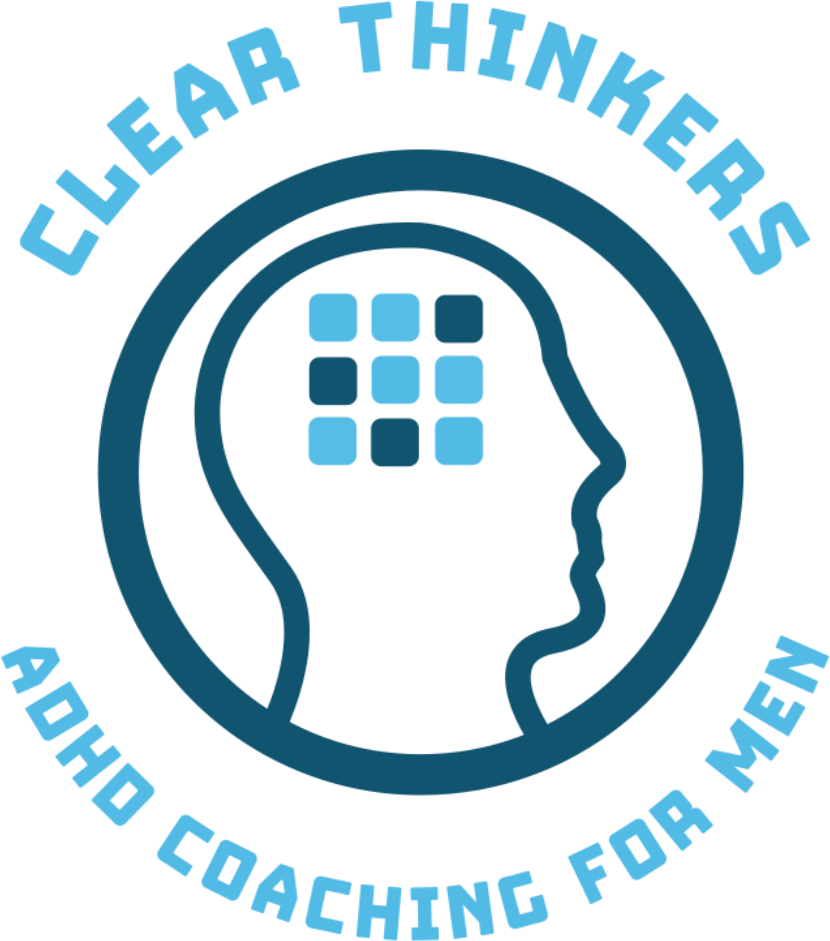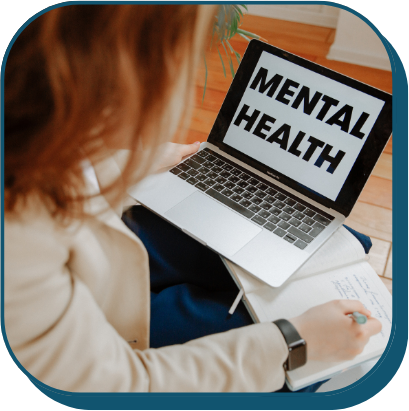ADHD is not just a childhood disorder—it continues into adulthood, affecting men’s personal, professional, and social lives. Fortunately, there are effective treatments that help manage symptoms, improve focus, and enhance overall quality of life. This article will outline various treatment options available for men with ADHD and how to choose the right one.
For an overview of ADHD management strategies, visit Zeitlin Coaching.
Medication for ADHD in Men
Medication is often the first line of treatment for ADHD, helping manage core symptoms like inattention, impulsivity, and hyperactivity.
1. Stimulant Medications
Stimulants like methylphenidate (Ritalin, Concerta) and amphetamines (Adderall, Vyvanse) are the most commonly prescribed ADHD medications. They increase dopamine and norepinephrine levels, improving focus and attention.
- Pros: Stimulants tend to work quickly, often within 30-60 minutes, making them effective for immediate symptom relief.
- Cons: Side effects may include decreased appetite, insomnia, or increased heart rate.
2. Non-Stimulant Medications
Non-stimulants, such as atomoxetine (Strattera) or guanfacine (Intuniv), are alternatives for those who cannot tolerate stimulants or have specific health concerns.
- Pros: Non-stimulants have fewer side effects related to mood swings and anxiety.
- Cons: They take longer to show results, often requiring weeks of use before significant improvements are seen.
If you’re exploring medication as a treatment option, consult with a medical professional to understand what suits you best. Learn more about adult ADHD treatment options.
Behavioral Therapy for ADHD
Behavioral therapy focuses on modifying behaviors, developing new coping strategies, and improving executive functions like time management, organization, and self-control. This therapy can be particularly effective for men with ADHD.
1. Cognitive Behavioral Therapy (CBT)
CBT helps individuals recognize negative thought patterns and replace them with healthier, more productive behaviors.
- Focus Areas: It targets procrastination, impulsivity, and stress management.
- Outcomes: Research has shown that CBT can improve emotional regulation, reduce anxiety, and enhance decision-making.
2. Mindfulness-Based Cognitive Therapy (MBCT)
Mindfulness techniques, when combined with traditional therapy, can help manage stress, regulate emotions, and improve concentration.
- Focus Areas: It teaches men to be present in the moment, which helps reduce impulsivity and anxiety.
- Outcomes: MBCT has been found to decrease ADHD-related symptoms like restlessness and increase self-awareness.
To explore how these therapies can be integrated into your treatment plan, check Zeitlin Coaching’s approach.
ADHD Coaching
ADHD coaching provides a tailored approach, focusing on skills development and daily management strategies. Coaches work with men to set realistic goals, break tasks into manageable steps, and create systems that foster accountability.
- Benefits: Coaches help men develop personalized strategies for improving productivity, organizing tasks, and managing time.
- Real-World Application: Coaching is particularly useful for men who want to thrive professionally, as it incorporates behavioral science to create sustainable changes in focus and behavior.
For those interested in ADHD coaching, book a session with Zeitlin Coaching.
Lifestyle Changes for Managing ADHD
In addition to formal treatments, lifestyle adjustments can significantly improve ADHD symptoms. Here are some strategies:
1. Regular Exercise
Exercise is a natural way to boost dopamine levels, improving focus and mood. Activities like running, cycling, or weight training are beneficial for men with ADHD.
- Impact: Regular physical activity can reduce impulsivity and improve concentration, making it easier to handle daily tasks.
2. Sleep Hygiene
Men with ADHD often struggle with sleep disturbances, leading to increased daytime symptoms. Adopting better sleep practices can help manage these challenges.
- Tips: Establish a regular sleep schedule, minimize screen time before bed, and create a calming bedtime routine.
3. Diet and Nutrition
Proper nutrition can also play a role in managing ADHD symptoms. Foods rich in omega-3 fatty acids, lean protein, and complex carbohydrates help maintain energy levels and improve concentration.
Learn more about diet’s role in managing ADHD.
How to Choose the Right ADHD Treatment
Choosing the right treatment is often a process of trial and adjustment. Here’s how to approach it:
- Consult a Professional
Start by discussing your symptoms and goals with a healthcare provider who specializes in ADHD. - Combine Treatments
For many men, a combination of medication, therapy, coaching, and lifestyle changes works best. This integrative approach can be tailored to fit individual needs. - Monitor Progress
Track changes in symptoms and behavior over time to identify which treatments are most effective. - Stay Open to Adjustments
Treatment needs may change over time, so remain flexible and willing to try new approaches as needed.
For personalized guidance on ADHD treatment options, visit Zeitlin Coaching.
Finding the right treatment for ADHD can transform your life, helping you achieve personal and professional success. Whether through medication, therapy, coaching, or lifestyle changes, there are many ways to manage symptoms effectively.If you’re ready to explore treatment options and create a personalized ADHD management plan, book a consultation with Zeitlin Coaching.









